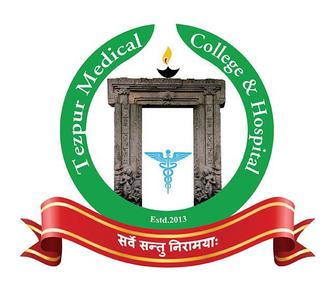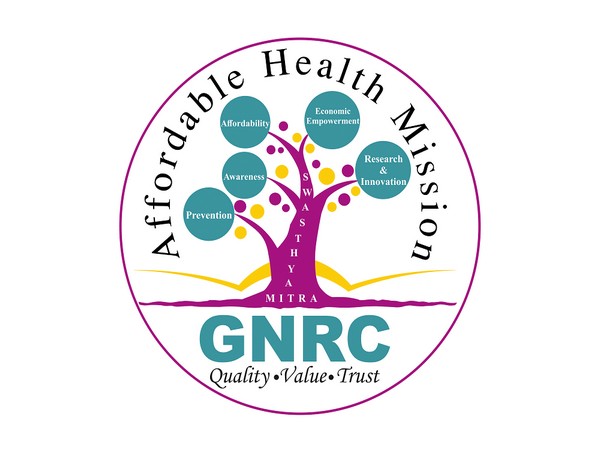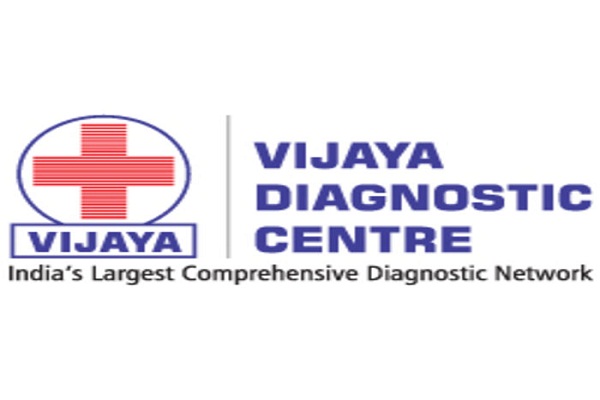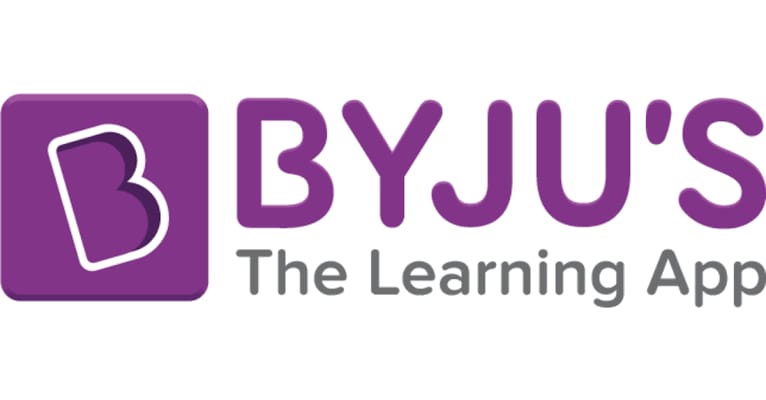











Read More
M.Sc. in Botany is a 2-year postgraduate programme which deals with basic and advanced study on plants and develops understanding and knowledge for applying onto the agricultural, horticultural, floricultural and environment & forest sectors. Botany is one of the multi-disciplinary fields with great demand in various applications in the field of research and development. After completion of this course, students may opt for various higher studies like M. Phil, and Ph.D. which will improve the chances for better jobs.
Year wise Course Details
Courses for this semester
This course brings the students an opportunity to learn in detail about the application of plant resources in human welfare. The course also covers the different parameters for studying ecosystem. The students will also able to know about the importance of plants in maintaining ecosystem.
This course brings the students an opportunity to learn diversity and life cycle pattern of algae, fungi, bryophytes and Pteridophytes. Students will also be taught the application of some economically important cryptogams such as biofuels, biofertilizers etc.
The course aims to make students understand biodiversity in the context of ecosystem dynamics, ecosystem functioning and provision of ecosystem services. They will develop knowhow for assess biodiversity and measures to manage biodiversity. They will also develop an understanding of climate change and assessment, adaptation and mitigation strategies.
The main objective of this course is to provide fundamental knowledge on the origin, structure, morphology, spore and gamete formation, embryo development, and tissue organisation and spore dispersal mechanisms in plants.
Fundamentals of statistics is the study of using data to make numerical conjectures about problems. It involves the collection, organization and representation of numerical data, the calculation of elementary probability, and the application of various rules and distributionsto measure and infer patterns and relationships in data1. Statistics also uses set operations, counting, permutations, and combinationsto analyze sample spaces and outcomes.
Co-curricular activities will equip the students to enhance and engage with various sections of the society and formulate agendas of social and cultural events, seminars, workshops, awareness programs etc. It will also allow them to participate in community matters.
Courses for this semester
To study the fundamental concept of flowering plants for proper classification and identification. Field visit help students to study the flowering plants and identify up to the genus level. By visiting field students can gather knowledge about the ethnobotanical use of plants by local people.
The course deals with the introduction, distribution/ diversity of microbes in soil, water, air, milk and its application in the field of agriculture, industry. To make learner understand the method of isolation of microorganisms and their growth in the laboratory condition and also various culture techniques and instruments used for microbiological studies. To impart the concept of symptomology and epidemiology of different plant disease.
This course aims to educate student on concepts of proteins, enzymes. Basic plant signaling mechanisms, sensory photobiology. The course further deals with physiology of plant hormones, reproduction, enzymology metabolism, photosynthesis and respiration.
Courses for this semester
This course brings the students an opportunity to know and develop skill on production of different Biofertilizer and its application in Agricultural field.
Courses for this semester
To determine whether the objectives of review of literature gap analysis have been met, if not what steps can be taken accordingly.
To understand the mechanisms of membrane transport, water potential, mineral uptake, and their regulation in plant cells. To gain knowledge of nitrogen fixation, nitrogen metabolism, and photosynthesis in plants. To explore the physiological processes involved in flowering and the regulation of fruit development.
To study the detail about Plant Population and Plant community. To study about Ecosystem stability, Ecosystem degradation and its consequences. To study the different techniques of biowaste and e-waste management.
To study the detail about Plant Population and Plant community. To study about Ecosystem stability, Ecosystem degradation and its consequences. To study the different techniques of biowaste and e-waste management.
To understand the key biochemical pathways involved in plant respiration. To explore the mechanisms of photochemistry and photosynthesis. To understand carbohydrate and organic acid metabolism.
To study the fundamental concept of flowering plants for proper classification and identification. Field visit help students to study the flowering plants and identify up to the genus level. By visiting field students can gather knowledge about the ethnobotanical use of plants by local people.
To study the plant morphology student will be benefitted to identify plants (visual identification) properly. Proper identification and classification are important in the fields like genetics, ecology, physiology, Embryology etc. To study all the applied disciplines of plant sciences such as Agriculture, Horticulture, Forestry, Pharmacognosy, Biotechnology, etc.

CST- Common scholarship test is a national and international level online MCQ based examination funded for intellectual empowerment by Assam down town University.
CST- Maximum enrolment each year is 269 seats and any 10+2 students can apply. Adtu is northeast India’s first placement driven university to provide 100% scholarship benefits worth 30 cr.
CST aims to inspire brilliant and competent students to pursue further education. Accredited with a prestigious grade by NAAC, UGC and AICTE.
Explore more scholarships that can help you reach out your goal with financial aid.
This scholarship is valid on the basis of the board/university examination
| 95% & above | 100% Scholarship on all semester |
| 90%-94.9% | 50% Scholarship on all semester |
| 80%-89.9% | 25% Scholarship on all semester |
This scholarship is valid on the basis of the board/university exam
| National & International Level | 100% Scholarship on all semester |
| State Level | 50% Scholarship on all semester |
| District Level | 25% Scholarship on all semester |
This scholarship is valid on the basis of the board/university exam
| National & International Level | 100% Scholarship on all semester |
| State Level | 50% Scholarship on all semester |
| District Level & NCC Certificate Holder | 25% Scholarship on all semester |
Discover a multitude of world-class amenities and cutting-edge resources at Assam down town University, enhancing your academic journey to new heights.
The Start-Up & Incubation Centre at Assam down town University provides a supportive environment for young entrepreneurs to develop and grow their business ideas. The center provides mentorship, funding, and networking opportunities to help innovative ideas become successful businesses.
SFURTI scheme to support rural entrepreneurs and innovators, an initiative by the Ministry of MSME
TIDE 2.0 scheme for ICT-based startups which provides a grant of Rs. 4L and Rs. 7L under EiR and Grant categories respectively, an initiative by the Ministry of MeitY.
dtVL Ideation, an incubation program for early-stage entrepreneurs with a market-ready solution/product, offering interest-free loans up to Rs. 2 lakhs.
Sprout UP, an incubation program for students, faculties, and researchers with innovative business ideas, prototypes, or technology solutions.













.jpg)

























![24[7].ai 24[7].ai](https://adtu.in/files/247ai.jpg)










"I am a BBA student of 3rd semester. I hail from Bhutan. I vow that I am having a great experience i...
"AdtU is amazing. I am a BBA student of 2019-22 batch and I am just grateful for the amount of oppor...
Let us be grateful to the people and place who makes us happy. They are the charming gardeners whom ...
Currently I am pursuing MBA in Assam Down Town University. MBA is the professional course through wh...
AdtU is a university that focuses on giving knowledge, education and simultaneously making the stude...
The Assam downtown University has been a great learning experience. The university has provided me w...
My experience with AdtU has been splendid one indeed. Little needs to said about its scenic infrastr...
As a student I am very glad that I have got an opportunity to study here in Assam downtown universi...
My name is Sakhyajit Roy. I?m from Tripura. I joined the university on Auguest, 2017 as a student of...
I share immense pleasure to share my post graduate program experience in Assam down town University....
AdtU is a platform where I got golden opportunities to feed my zeal for knowledge through the dynami...
I am fortunate to get an opportunity to study here in Assam Downtown University. The best thing abou...
Our university is one of the best place for developing ourselves in the field of research and acedem...
ADTU is a university that is very good interms of infrastructure, academics and placements. Our tea...
It is one of best private colleges in North East India, it also provides a good environment for ed...
ADTU is a good University which provides the students with best quality lectures and ensures comfort...
The environment of Assam downtown university is very pleasant.The department of BMLT is very good a...
The university has all the necessary facilities and amenities for students . The classrooms and the ...
Assam downtown University is well recognised all over india. In the ongoing pandemic situation it ha...








